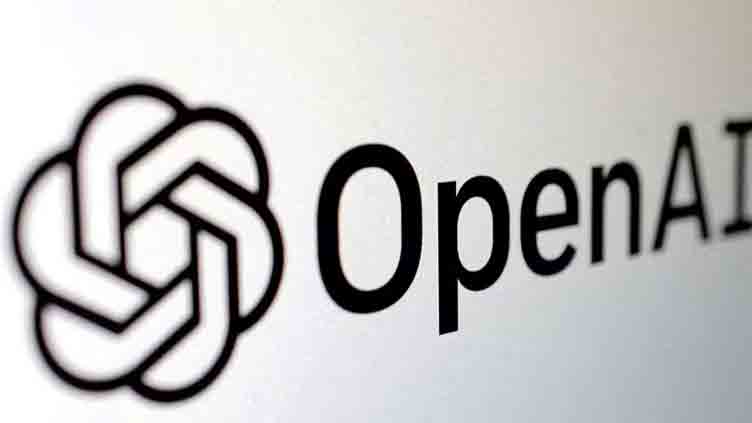NY Times sues OpenAI, Microsoft for infringing copyrighted works

Technology
Says OpenAI and Microsoft have caused 'billions of dollars' in damages
NEW YORK (Reuters) - The New York Times (NYT.N) sued OpenAI and Microsoft (MSFT.O) on Wednesday, accusing them of using millions of the newspaper's articles without permission to help train artificial intelligence technologies.
The Times said it is the first major U.S. media organization to sue OpenAI and Microsoft, which created ChatGPT and other AI platforms, over copyright issues.
It said the defendants were trying to "free-ride on The Times’s massive investment in its journalism by using it to build substitutive products without permission or payment," according to the complaint filed in Manhattan federal court.
"There is nothing 'transformative' about using The Times's content without payment to create products that substitute for The Times and steal audiences away from it," the Times said.
OpenAI and Microsoft did not immediately respond to requests for comment.
The Times is not seeking a specific amount of damages, but it said OpenAI and Microsoft have caused "billions of dollars" in damages. It also wants the companies to destroy chatbot models and training sets that incorporate its material.
While OpenAI's parent is a non-profit company, Microsoft has invested $13 billion in a for-profit subsidiary, for what would be a 49% stake.
Investors have valued OpenAI at more than $80 billion.
Others have challenged OpenAI's alleged misuse of their copyright material.
Novelists including David Baldacci, Jonathan Franzen, John Grisham and Scott Turow have also sued OpenAI and Microsoft in the Manhattan court, claiming that AI systems might have co-opted tens of thousands of their books.
And in July, the comedian Sarah Silverman sued OpenAI and Meta Platforms (META.O) in San Francisco for having allegedly "ingested" her book "The Bedwetter" to train ChatGPT.


